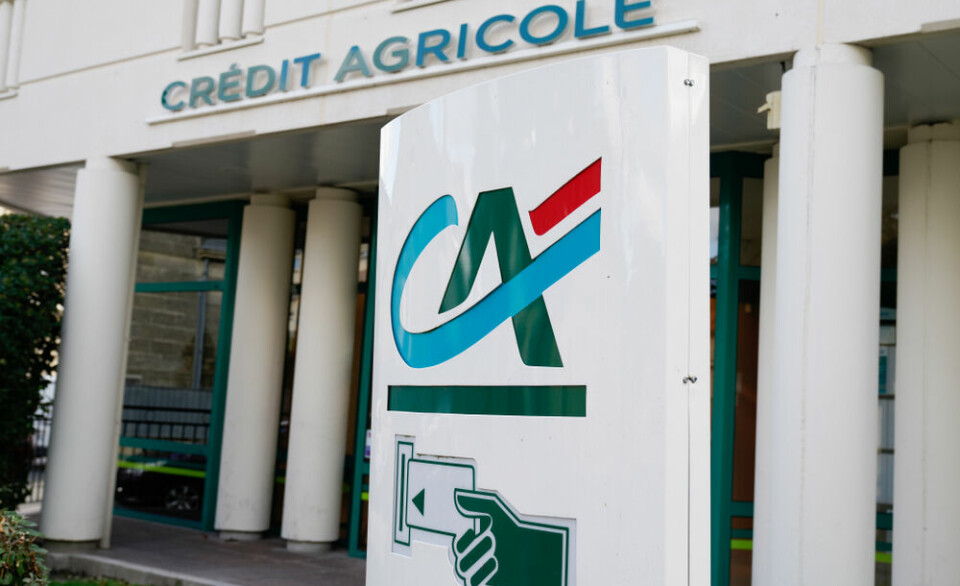-
Increased fire safety audits are forcing bars across France to close
Inspections follow deadly blaze in Swiss nightclub on January 1
-
Photos: widespread flooding in Brittany as warnings continue
Storm Ingrid causes rivers to overflow across much of the region
-
More bank branches in France are closing
Some 3% of branches are shutting every year, reports banking union
Cameras on Paris Metro to check on masks
Cameras are being used on the Paris Metro to see if people are sticking to France's new rules on wearing masks.
A study by the RATP Paris transport company starts today and will last for three months.
It does not aim to sanction people who are not wearing a mask, but rather the information gathered will be used for statistics and to analyse how many people wear a mask and in what places they wear them.
The cameras are set up in different Metro stations including Châtelet.
They do not use facial recognition technology but are linked to a software which makes a simple facial analysis and determines if the person is wearing a mask or not.
None of the images are kept by the RATP and the company says that people who do not wish to be filmed can shake their heads if they see a camera filming them.
Wearing a mask on public transport is now obligatory and anyone not wearing one risks a €135 fine.
Security checks on transport will start on Wednesday, Transport Minister Jean-Baptiste Djebbari has announced.
On Monday and Tuesday, the authorities promised an “educational” approach to encourage transport users to wear a mask.
In the Ile-de-France region a certificate from an employer or a compelling reason (such as a medical appointment or a judicial summons for example) is needed to take public transport during rush hours, between 6:30 and 9:30 and between 16:00 and 19:00.
Stay informed:
Sign up to our free weekly e-newsletter
Subscribe to access all our online articles and receive our printed monthly newspaper The Connexion at your home. News analysis, features and practical help for English-speakers in France
























